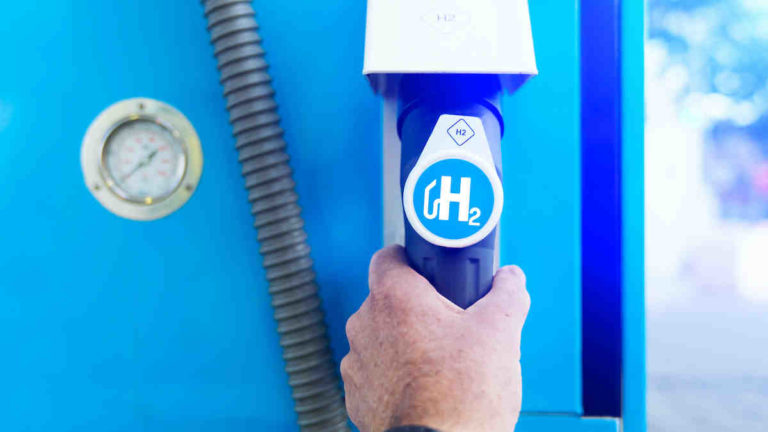
With early proof for the effectiveness of its fuel cell enhancement technology under its belt, Titan Hydrogen is now seeking pre-IPO funding ahead of a listing in 2022.
The company has appointed broker Barclay Pearce Capital, which was behind the successful pre-IPO raisings for Verdant Earth Technologies and green hydrogen pioneer Infinite Blue Energy, as the lead manager for its multi-million dollar pre-initial public offering raising.
It has also engaged the services of Sydney based legal team, Hamilton Locke, which has outlined the program of seeking a listing in the second quarter of 2022.
“The team at Titan Hydrogen is delighted to be working with Barclay Pearce as a key partner to assist us in accelerating our proof of concept trials to confirm the patent pending technology will increase the efficiency of hydrogen fuel cells by up to 60%,” chairman David Vinson said.
“We look forward to welcoming new shareholders into the company and having the support of investors focused on these new technologies.”
Hydrogen, fuel cells and the proof in the pudding
With governments around the world committing billions of dollars in incentives to accelerate the transition to renewable targets, interest in hydrogen as one of the ways to help meet zero emissions targets has also intensified.
Much of this revolves around the use of hydrogen fuel cells to provide power without any deleterious emissions.
This is particularly true for fuel cell electric vehicles, particularly for commercial uses where quick refuelling means more time on the road.
Here’s where Titan’s enhancement technology could further increase the attractiveness of FCEVs by increasing the capacity of fuel cells by up to 60%.
This will allow improved fuel cells to increase the driving range of FCEVs, which will also reduce the number of refuelling stations required.
Early testing by the Queensland University of Technology on the company’s high performance, low temperature hydrogen fuel cell has already found that it produces significantly higher voltage compared with a standard Polymer Electrolyte Membrane (PEM) fuel cell operating at the same current density.
Testing will now determine if the benefit demonstrated in the laboratory with a single cell scales up to small fuel cell stacks operating for extended periods while sustaining high performance and minimal cell performance degradation.
Source: Stockhead
Read the most up to date Fuel Cell and Hydrogen Industry news at FuelCellsWorks




